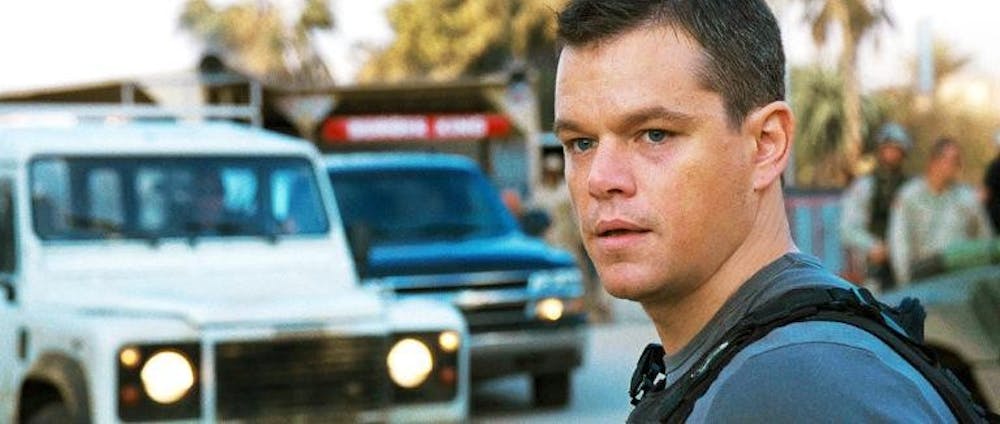When “The Deer Hunter” won Best Picture in 1978, the Vietnam War had been over for three years. The Academy Awards honored “The Hurt Locker” on Sunday , but over in Iraq, we’re still in deep.
Unlike most past war films, those examining the wars in Iraq and Afghanistan are hitting theaters while the wars are ongoing. This unique quality about the “War on Terror” genre implies a message about both government and public politics and an ever-changing image of the American Hero at home and abroad.
During the United States’ last protracted involvement in a foreign land, the Vietnam War, Hollywood didn’t start to come to terms with the war until it was well over, said Barbara Klinger, a professor in the Department of Communication and Culture.
Klinger says the reason for this is the new nature of the independent film industry, which can be very vocal and can release a movie outside of the studio system. The current war genre originally fanned out through documentaries, many of which exposed the lack of intelligence provided during the Bush administration.
Political science professor Jeffrey Hart, who studies the politics of communication technology, said the proliferation of these kinds of films is one of the first steps in creating discussion about and dissent from the two wars.
“I think they actually did make things better by giving people a different interpretation than what you were getting from the U.S. government,” he said. “The lack of information about both Iraq and Afghanistan in high U.S. government circles was so extensive, there’s no way you could’ve made things worse by portraying these stories in the media.”
Hart cited the documentary “No End in Sight,” calling it a breakthrough film. It was a thorough examination of what was “right and wrong in U.S. strategy after the invasion of Iraq.”
After documentaries gained a foothold, fictional films started taking a more complicated political stance.
“I think it raises a question about blockbuster politics,” Klinger said. “The war subtext or the anti-invasion subtext gets balanced out by the more pleasurable aspects of viewing that film.”
Hart mentioned “The Hurt Locker” specifically as a film that raises questions in the context of the war effort.
“‘The Hurt Locker’ gets into the question of how the whole U.S. military is organized,” Hart said. “That notion of barbaric tactics is very important for films to have. The enemy is willing to use tactics that make everybody blanch. But on that same token, the soldiers in that situation also have to use tactics that make you question the nature of that kind of war.”
Whether or not these messages influence a public reaction is harder to say.
“The Iraq War film is supposedly radioactive in terms of attracting audiences,” Klinger said. “It’s really hard to know what impact those war films have had on peoples’ attitudes.
Hart speculates that one of the impacts is the creation and furtherance of misconceptions about Islamic culture.
“We get the biased portrayal of the Islamic world from the Western media,” Hart said. “And they get a biased portrayal of themselves and the rest of the world in their media.”
Although the War on Terrorism film might further mainstream perceptions about Islamic culture, Klinger said the long-vaunted image of the hero in American culture has recently been challenged.
“(‘The Hurt Locker’) takes the figure of the cowboy hero, the guy who breaks the rules and is always right, and it shows how wrong he is,” Klinger said, adding that this archetype is a running theme.
Although the genre has not evolved tremendously, it has created a group of films that is bigger and broader than the genre itself.
“There’s the Iraq War film, but there’s also the way in which the crisis of the war and the imagery of the war permeates other kinds of films,” Klinger said. “I think it’s really interesting to think of how it has fanned out. It’s consolidated in the home-front war film, but then it’s also peppered throughout all these other movies in the imagery and also in the politics.”
Making war
Films that portray the War on Terror signal shifts in the genre

Get stories like this in your inbox
Subscribe





